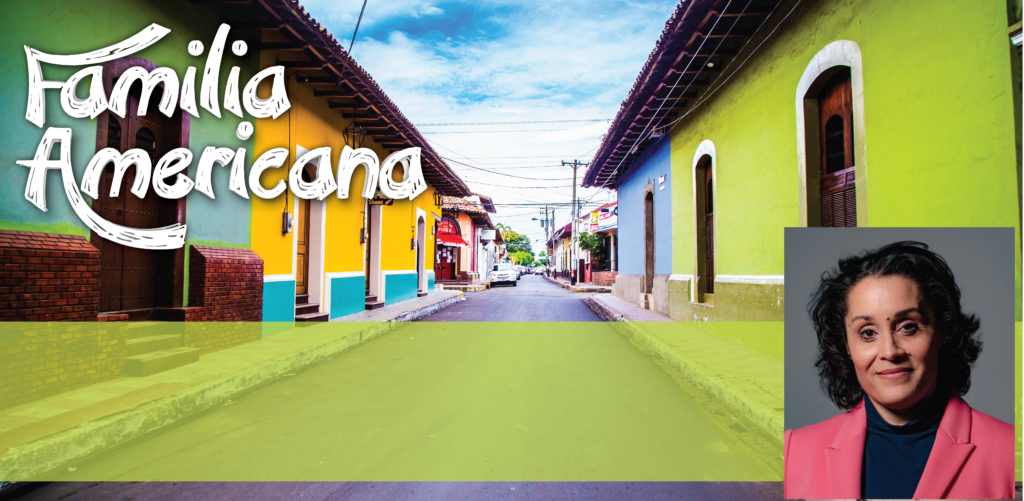Familia Americana: The Sanctity of Marriage
Love is a beacon of hope, hope for a brighter future and a more fulfilling life. To be in love is to give a piece of your heart to another without expecting anything in return, vulnerably knowing and accepting the possibility of being hurt. When love between two persons culminates in marriage it is the ultimate declaration of love, a commitment between the pair beyond that of intense emotional feelings.
Marriage is a sacred institution and a central pillar of whole society. It is the building block of all civilization. It is founded on the natural union between one man and one woman for the purpose of bringing life into the world and the continuation of the human race. Everything else expands on this premise.
As a social contract, marriage classifies the relationship in which children are to be involved. It recognizes a mother and father’s claim of parenthood over their offspring with the purpose of ensuring their well-being. It legally binds the natural responsibility of the pair to care for their children. It supports the reality that children need a mother and a father, an indisputable complementarity, each necessary for the optimal development of the human being. Marriage matters.
It is also transformative. Marriage is a journey of growth and faith through challenges that extends beyond emotions. The Heritage Foundation posits that were this institution just a simple emotional union, there would be no principle for marriage to be permanent or limited to two persons. Every other norm that sets marriage apart would then be optional.
A major reason for its success is that marriage places greater duty and responsibility on the institution itself over personal desires. It is protectionary. The promise of monogamy and of staying married provides a sense of security and stability in an ongoing union. The basic good of marriage lies in its purpose (procreation, families), exclusivity (monogamy, stability), and permanence (lifelong).
Marriage comes with many benefits: married people are happier (benefit from companionship), more successful (often benefit from a two-income household), more stable (defined family roles, greater stability in the home), and bring order to society. According to the Natural Library of Medicine, married couples enjoy a higher life expectancy due to their increased sense of stability, security, and companionship.
There is something to be said about marriages that are grounded in faith. It is the understanding that we are made for something greater than love and are called to be in the commitment of love. It is the very reason for our creation and why we were made male and female, an absolute foundational truth. The Catechism of the Catholic Church states that “God who created man out of love also calls man…to be fruitful and to be realized in the common work of watching over creation.” (CCC #1604) Biblical love is the bedrock of a successful marriage. By leaning on Biblical love, couples can better weather the external pressures of today’s world and face difficulties together.
Today, society treats marriage as some old-fashioned, outdated tradition that is no longer necessary, or as a dispensable arrangement based on convenience. Society is redefining marriage and undermining the institution. Its make-up is now dynamic, its purpose is open, and its expectations are non-binding. What the world has to say, however, is not so, nor does it get to redefine marriage according to modernity or suitability. Truth is eternal.
The contributions of the institution of marriage to civilization are significant. Understanding ‘what it is’ and ‘why it matters’ is essential for the continuation of civil society. Marriage lays the groundwork for society to function and flourish. Though marriage is not for everyone, safeguarding this institution is imperative for the success of future generations and all of humanity.
